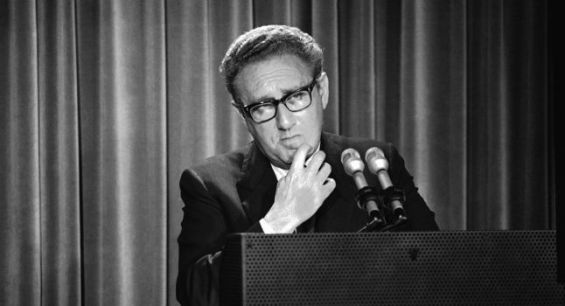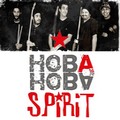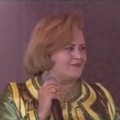The CIA has been aware of King Hassan II’s plan to conduct a green March. That was revealed in previous documents declassified by the American government. However, another confidential document released by the State Department has been made public to confirm the same historical events. In a official paper entitled «Memorandum of Conversation» and issued on the 4th of October 1975 in Washington, Henry Kissinger, National Security Advisor at the time, and the Spanish Minister of Foreign Affairs, Pedro Cortina discussed the plans of the Moroccan sovereign.
In their meeting, Kissinger «revealed» to the Spanish senior official the intentions of King Hassan II stating that there will be «a possible Moroccan attack in the Sahara». Trusting his sources, the American advisor indicated that he urged «the King of Morocco not to do it, that is, not to do anything rash. We have warned him against it and have urged him to negotiate, just as I urge you to negotiate».
Cortina responded by saying that his country is «ready» and open for negotiations. However, he insisted that it was «important to maintain the form of a referendum on self-determination with guarantees to negotiate and to give satisfaction to the parties».
«Self-determination does not mean independence, although that is one of the options included to give it credibility, but what the people of the area will be called on to do is to show their preference either for Morocco or for Mauritania.»
Blaming the Americans for helping Morocco
The Spanish Foreign Minister asked his host to put his cards on the table before revealing his plans stating that Morocco is intending to attack Algeria. «They can’t be that crazy», responded Kissinger.
Feeling that he was gaining some ascendancy over the American, Cortina accused the United States of handing weapons over to the Kingdom. According to the same source, he mentioned that the Soviet Union also provided Hassan II with weapons. «We have not given him many arms, about $20 million», argued Kissinger.
In fact, Pedro Cortina doubted Washington’s ability to make Hassan II stop his plans. «Facts will tell, and I would not want to anticipate, but I hope nothing happens because it would be very unfortunate», responded Cortina.
Henry Kissinger concluded the conversation by flattering Spain and its military force : «If he has to negotiate with you he will be lucky to keep Morocco».
For the record, relations between Morocco and the United States of America, headed by President Jimmy Carter at the time, have been through a series of ups and downs, especially between 1977 and 1981. In fact, Washington refused to grant Morocco OV 10 Bronco aircrafts and Cobra helicopters, which king Hassan II requested.
However, a week after Jimmy Carter's departure from the White House (January 20, 1981) Ronald Reagan, 40th U.S. President, authorized the delivery of weapons to the kingdom : six Bronco OV 10 aircrafts, 10 Cobra and Chinook helicopters and other military equipments were sent to Morocco. All for $ 232 million.
The sale was concluded due to the new political approach that was adopted by the Secretary of State, Alexander Haig. He had made a decision during his hearing in the Senate, insisting that the «settlement of the conflict» of the Sahara «caused great problems in Morocco». The Foreign Minister (22 January 1981-5 July 1982) also pointed at Algeria's support to the Polisario.





 chargement...
chargement...













